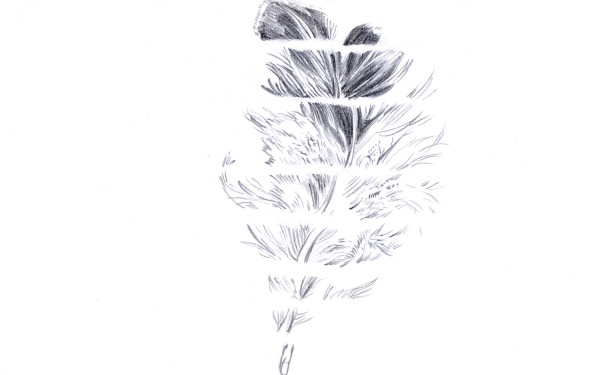Justice and Remembrance for Native Women
Protesters Pushing for Public Inquiry for Missing and Murdered
The lost were remembered on Thursday as hundreds marched through Montreal, decrying disproportionate levels of missing and murdered aboriginal women in Canada.
“You have story after story after story of individual women and girls having gone missing, but they’re the same stories with police treatment […] neglect and delaying investigations,” said Maya Rolbin-Ghanie of Missing Justice, a local advocacy collective that helped organize the event.
According to the Native Women’s Association of Canada, at least 600 aboriginal women have gone missing or been murdered since roughly 1980—though Roblin-Ghanie says many believe that number to be closer to 3000.
Native women are also five to seven times more likely than other women to die violently, according to a special report produced by Amnesty International titled No More Stolen Sisters. To Ellen Gabriel, who acted as spokesperson during the Oka crisis in 1990, the added danger facing Native women is indicative of something bigger.
“It isn’t just 500 women, 600 women, 800 women—it’s millions since the time of first contact [between settlers and aboriginals],” explained Gabriel, also an aboriginal rights activist.
“It’s been about economics, it’s been about a land grab, and the best way to destroy a nation was to attack the women, and it continues to today,” she added.
Planned in-part by the 2110 Centre for Gender Advocacy and CKUT—McGill University’s campus radio station—the demonstration fell on the heels of a report by New York-based Human Rights Watch, which accuses the RCMP of neglecting to adequately investigate many disappearances while also chronicling the cases of physical and sexual abuse by its officers.
It was the fourth annual march to take place in Montreal and had the highest turnout, according to Roblin-Ghanie, with internal estimates from organizers ranging from several hundred demonstrators to one thousand.

_900_599_90.JPG)
2_900_600_90.JPG)


_600_375_90_s_c1.jpg)

1_600_375_90_s_c1.jpg)
1_600_375_90_s_c1.jpg)